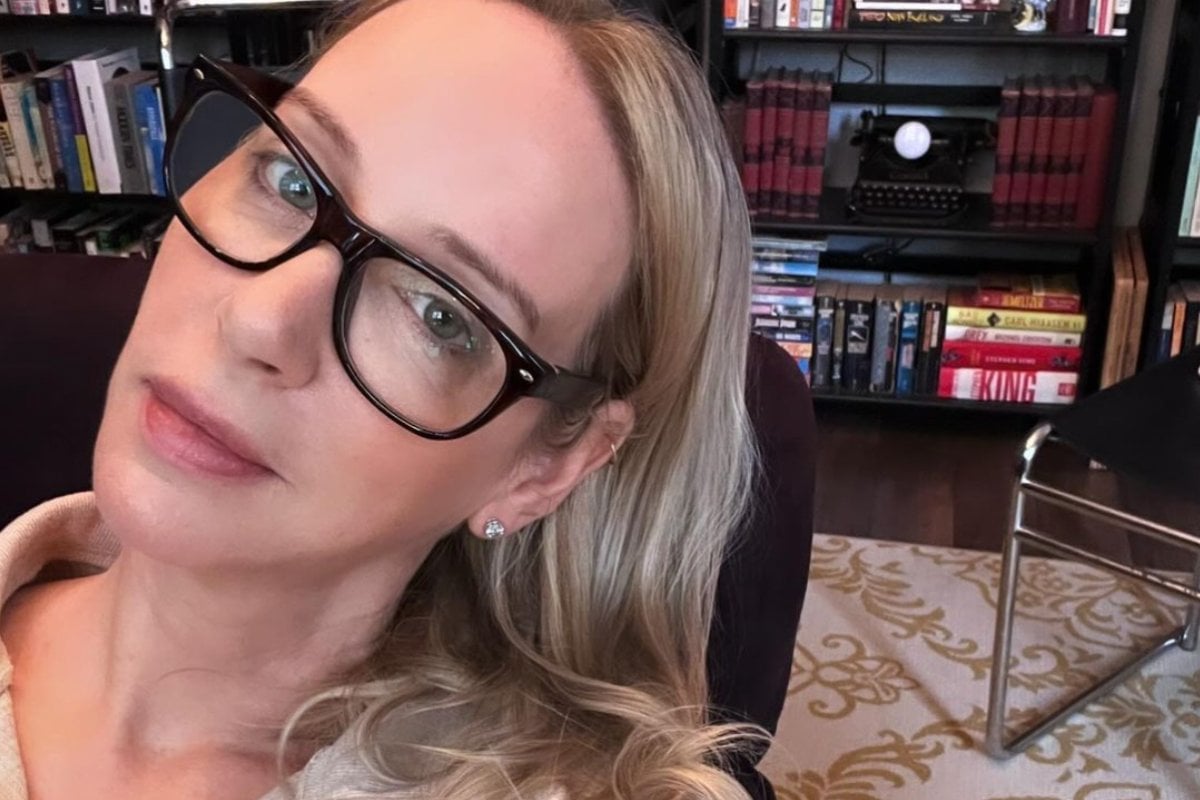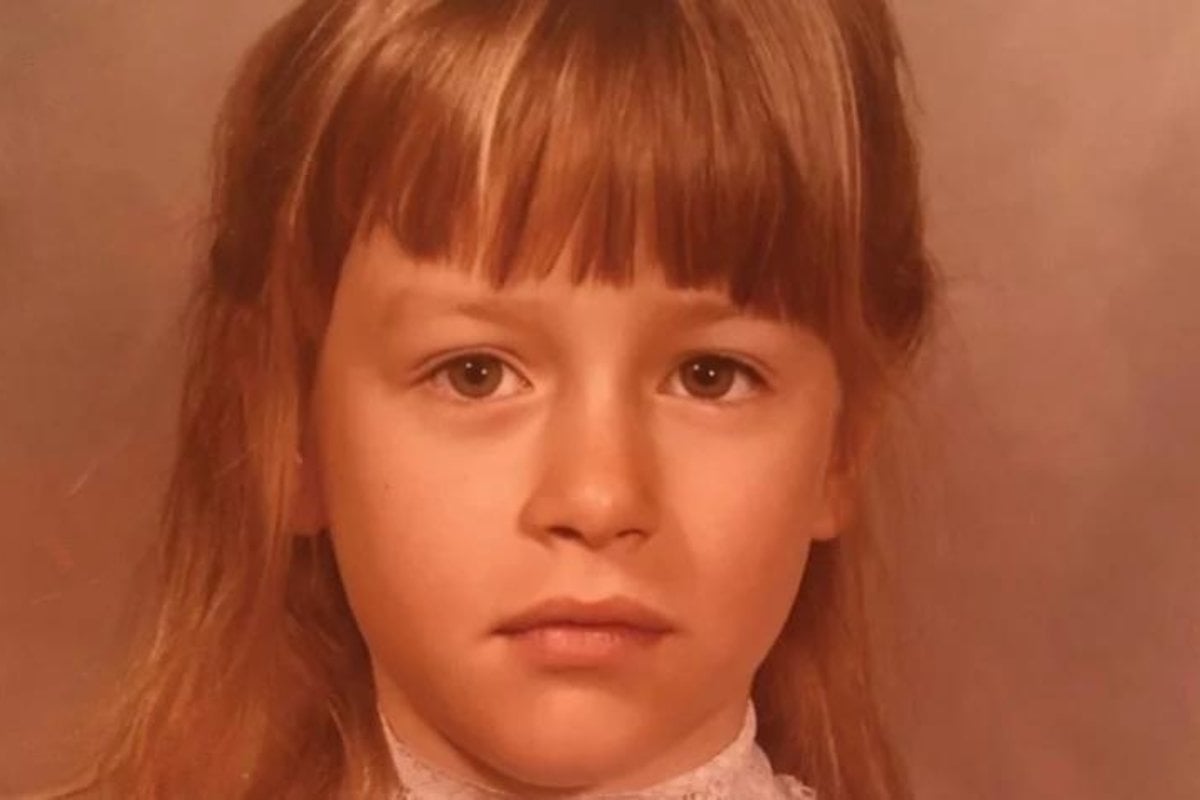
Ever since she was a young girl, Patric Gagne knew she was different.
She didn't have a sense of fear. At age seven, she walked home from a sleepover at a friend's place. Most kids would have felt some sort of emotion walking alone in the dead of night. Gagne says she "felt liberated".
"Through observation as a kid, I learned that kids like me were not seen favourably — kids that said they didn't really feel remorse or shame. I understood very quickly that I needed to hide away the fact that I didn't feel," Gagne tells Mamamia's No Filter.
Listen: Patric Gagne Is A Sociopath. Post continues below.
When seven-year-old Gagne arrived home that night after leaving the sleepover, her mother was scared. Gagne could recognise her mother's fear, but she couldn't relate to it emotionally.
There was another time in her childhood when Gagne's struggled to feel fear.
"My sister and I were playing in our front garden and a man showed up and said that he had kittens. My sister understood right away that this was not someone to be trusted. She was younger than I was. All I could think about was that he was going to give me kittens," she says.
"So of course I was going to follow him. It wasn't until I almost got to his car that I realised, oh he doesn't have kittens. What saved me was that I didn't overreact emotionally in that moment upon recognising. I distracted him and then took off running. I just didn't have a sense of fear like my sister. It was muted. I had to pay attention harder to find it."

